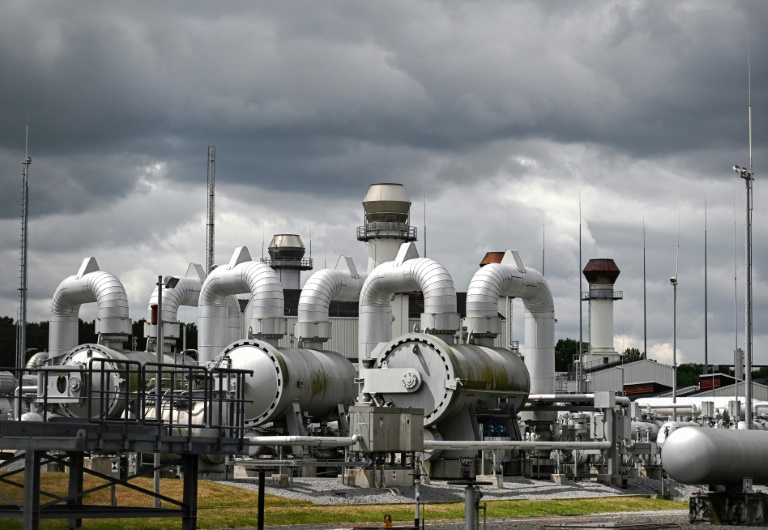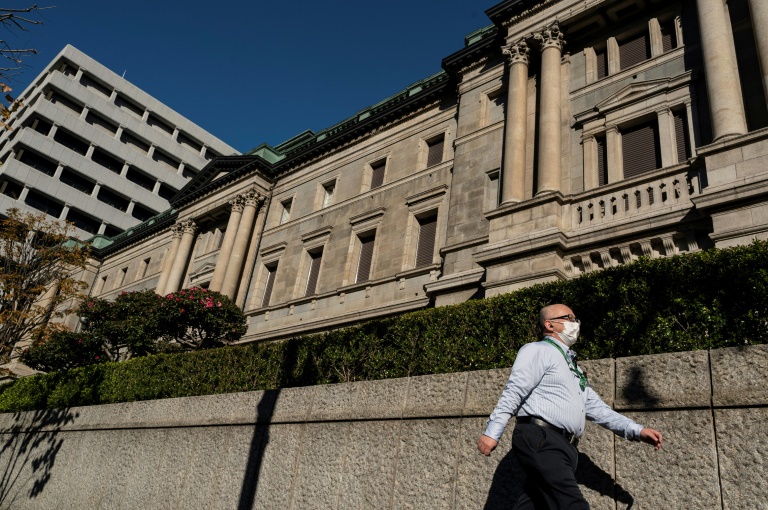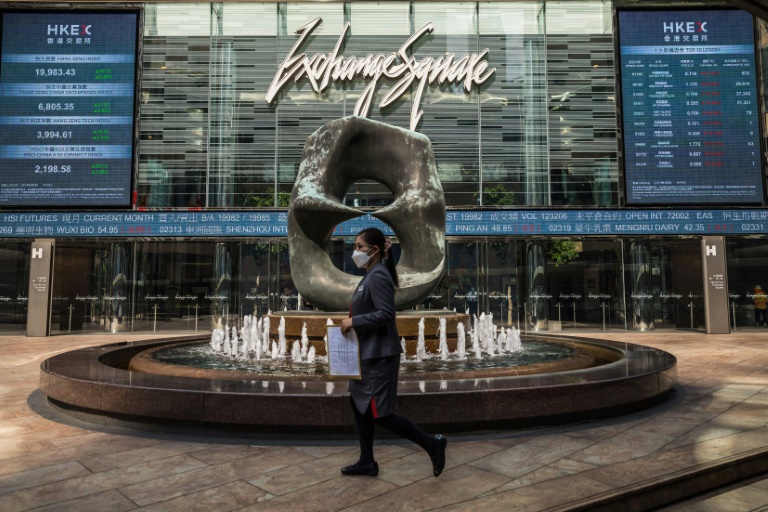Europe is facing an energy crunch as the price of electricity generation skyrockets
The EU is “ready to discuss” a price cap on gas within the bloc to bring down soaring energy costs, European Commission chief Ursula von der Leyen said Wednesday.
Her comment to the European Parliament signalled a shift in tone after EU powerhouse Germany had expressed worries a broad price cap might divert supplies away from Europe.
It comes after 15 EU countries — more than half the bloc — made a joint call for the EU to impose a price ceiling on how much it would pay for gas piped or shipped in, as the northern hemisphere winter sets in.
Europe is facing an energy crunch as the price of electricity generation skyrockets because of a massive surge in gas prices.
Russia, which used to be Europe’s main supplier, has largely turned off the taps after being hit by EU sanctions over the war in Ukraine that, while not touching gas, crimped sales of its more lucrative oil exports.
“We are ready to discuss a cap on the price of gas that is used to generate electricity,” Von der Leyen told MEPs sitting in Strasbourg, France.
“This cap would also be a first step on the way to a structural reform and overall reform of our electricity market.”
She added, “We also have to look at gas prices beyond the electricity market”.
– Still being ‘fleshed out’ –
Her spokesman, Eric Mamer, explained the proposal was still being “fleshed out” and would be detailed in a letter to EU leaders ahead of a Friday summit in Prague.
But he did say the idea was “related to the wholesale market of gas trading in Europe” and not directly on the price paid for imported gas.
He acknowledged however “links between the price of gas traded within Europe and the price of the gas that we buy from outside”.
Euro MPs voted Wednesday for a “tariff ceiling on gas imports” and an immediate and complete embargo on Russian (energy) imports”.
Norway, which has become Europe’s main gas supplier as Russian deliveries have fallen, reiterated Wednesday its opposition to a price cap saying it would not resolve the problem of a shortage of gas.
“It would rather make the situation worse because you can expect such a solution to contribute to increased consumption and fewer deliveries,” said the non-EU nation’s energy minister Terje Aasland.
“No one can use more gas or energy than exists,” he told AFP by email.
Brussels has been amenable to a cap on pipeline gas to hurt Russia and deprive it of cash.
But it has resisted a cap on liquified natural gas (LNG), fearing that sellers might simply divert shipments to higher-paying markets, further starving Europe of gas.
Germany, traditionally the biggest beneficiary of Russian gas, had also rebuffed the idea. But it has come under pressure from other EU members after announcing a 200-billion-euro ($199-billion) fund to protect consumers.
Von der Leyen admitted a price cap “entails drawbacks in terms of security of supply of gas”.
But she argued “the situation has critically evolved” and now, “more member states are open for it and we are better prepared”.
She noted that Europe’s stockpile of gas for winter had reached 90 percent of capacity, exceeding the target set.
She also said any price cap would be “a temporary solution” and that “exceptional times require exceptional emergency measures”.











